Akira Kurosawa and his extended views on humanity
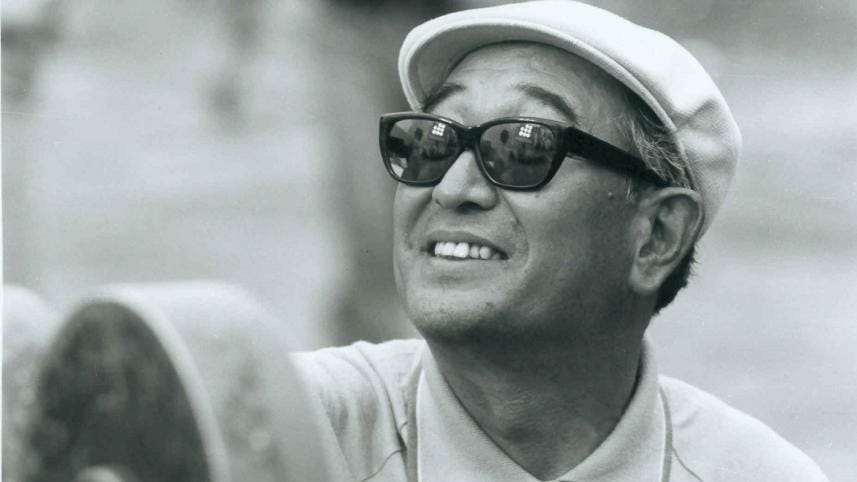
Akira Kurosawa was one of the 20th century's greatest filmmakers. His remarkable body of work holds that title to this day. On his 25th death anniversary today, this is a homage to the artiste extraordinaire.
As one of the most influential filmmakers in the history of cinema, Akira Kurosawa is most popularly known for his films based on stories about samurais, but his greatest accomplishment is perhaps his exploration of the metamorphosis of flawed humanity against nature.
Kurosawa transformed the idea of filmmaking with respect to his origin, as most of his cinematic endeavours sought inspiration from Japanese folklore. However, his true filmmaking brilliance was to portray and manipulate the perception of truth and morality through his storytelling with nature as a pivotal backdrop.
The master director, who was exposed to the horrors of World Wars I and II, alongside many natural disasters in his youth, thus created a unique, distinct style of filmmaking that was fresh when he began his career.
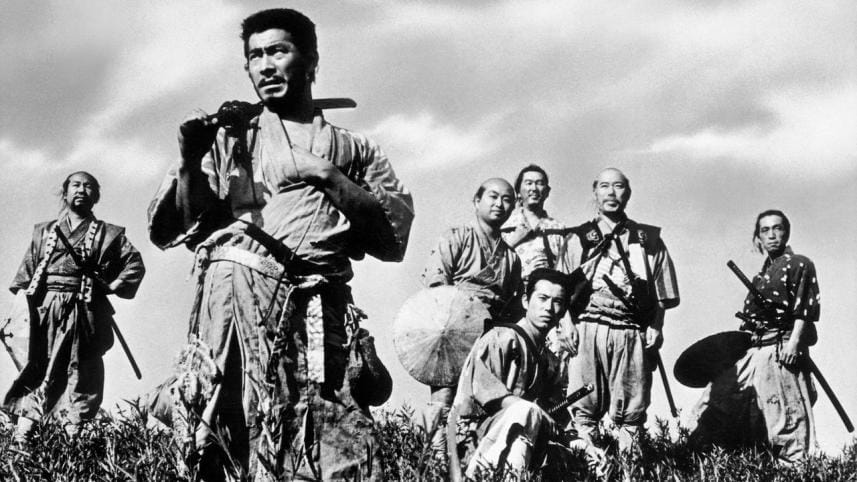
Nature as a character
In most of his films, such as "Rushomon" (1950), "Dreams" (1990), "Throne of Blood" (1957) and "Seven Samurai" (19540), Kurosawa established nature as an all-powerful, living, and often times horrifying 'character' in his films, which became sentient, reactive, and devious whenever exploited. In his 1990 film "Dreams" we see how disrupting simple natural causes can kindle devastation to children, who unknowingly disrespect the natural order.
Portrayal of movement as a catalyst
The trademark technique that can be defined as Kurosawa's style is the way in which he used 'movement' in his storytelling. He relied upon his brilliant artistry of cinematography and represented nature through stylistic and enchanting movements of leaves, trees, groups, objects, and scenery through his camera.
Kurosawa often used long lenses to enhance the sensation of movement. Yet his true mastery lies in how he combined moments of intensity with slowly developing yet boldly represented moving imageries to keep the viewer on edge without them becoming overwhelmed. He does it to emphasise the drama and emotional weight of the action. Every frame in Kurosawa's film can be perceived as a painting.
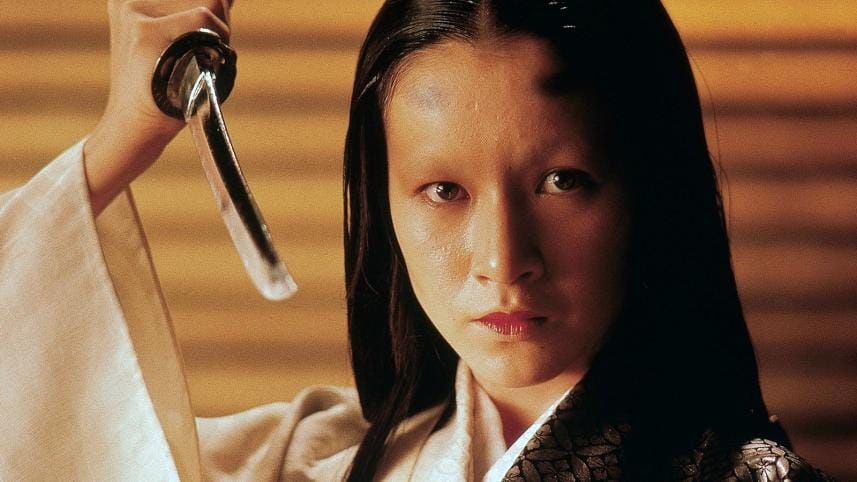
Flawed humanity
As film critic Roger Ebert pointed out, "Akira Kurosawa was a visual stylist, but he was also a thoughtful humanist. His films had a daring, exhilarating visual freedom and a heart of deep human understanding," he wrote.
Explaining his views on his own craft, Kurosawa said, "I suppose all of my films have a common theme. If I think about it, though, the only theme I can think of is really a question: Why can't people be happier together?"
Morality against mortality
Many of Kurosawa's characters find their main conflict in the confrontation with their own mortality, like in "Ikiru" (1952). In his films, If the characters are not directly battling the forces of nature then they are likely facing some kind of illness, a predatory enemy, an imminent defeat in battle, or some other threat to their physical being like in "Dreams".
"Dersu Uzala" (1975) shows wild forestry destroyed by the false pretension of civilization, its 'practical' utility, or the scarce need for modernism. His 1991 film "Rhapsody in August" explores the lingering impact of World War II as life moves on for the newer generations in Nagasaki, Japan.
Ever-changing perception of truth
Kurosawa's main theme is the uncertain perception of tumultuous truth in the utter vulnerability of his characters. Like in his 1950 film "Rashomon", we get four equally trustable accounts, or truth, of a heinous crime, leading to widely different stories, where each testimony could be false, and the conclusion is on the viewer to decide.
In this way, Kurosawa deliberately leaves us wondering, thereby emphasising our fundamental lack of understanding of what goes on inside another human being. Lies and deception often play a major role in the interpersonal conflicts of Kurosawa's films.
His remarkable storytelling invokes a sense of vulnerability, a sense of fear in the face of this natural state of uncertainty — uncertainty about the world around us, and, therefore, uncertainty about our own survival within it.
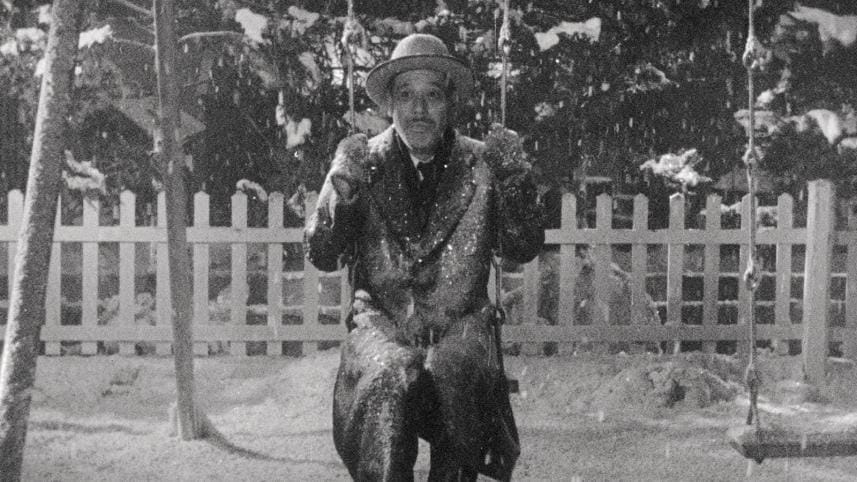
In his memoir, Kurosawa stated the biggest reason for human suffering, in his own words, "It is not just that they lie to each other, but more so, that they lie to themselves." And so, in the end, many of the obstacles and challenges his characters face are internal ones.
Akira Kurosawa began his legendary filmmaking career in the 1940s, he then established himself as one of the most consistent and revolutionary in the history of cinema by the 1950s and 60s. He continued directing well into the 1990s, passing away at the age of 88 in 1998, with more than 30 directorial credits under his distinguished name.




 For all latest news, follow The Daily Star's Google News channel.
For all latest news, follow The Daily Star's Google News channel. 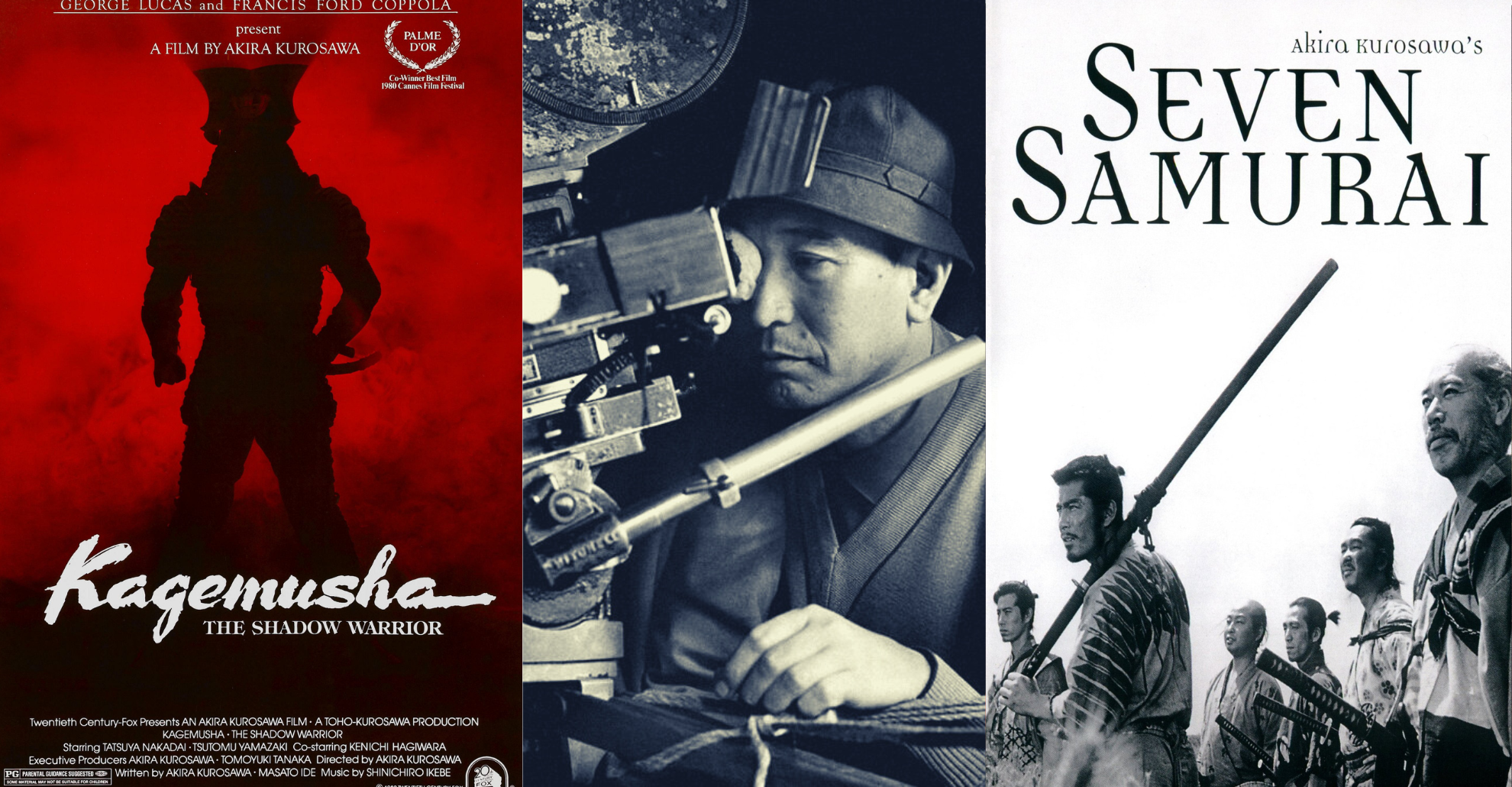
Comments